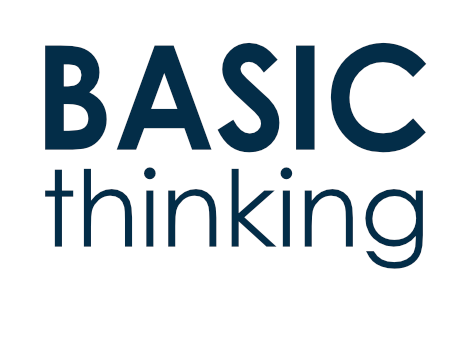Dweck’s research suggests that people who engage with things with a mindset of seeing what they can learn will tend to do better than those who are seeking evidence of whether they’re good enough.
Angelehnt an Guy Kawasakis Artikel zum Buch Mindset: The New Psychology of Success. :
If you manage any people or if you are a parent (which is a form of managing people), drop everything and read The Effort Effect. This is an article about Stanford psychology professor Carol Dweck. It examines her thirty-year study of why some some people excel and others don“t. (Hint: the answer is not „God-given talent.“?)
The article postulates that people have two kinds of mindsets: growth or fixed. People with the growth mindset view life as a series of challenges and opportunities for improving. People with a fixed mindset believe that they are „set“? as either good or bad. The issue is that the good ones believe they don“t have to work hard, and the bad ones believe that working hard won“t change anything.
und schlußendlich dieser Artikel dazu: The Effort Effect



















